It would have been a lot easier had I just been honest with my parents from the get go.
I arrived on The Bluff in August of 1994 as a first-year mathematics major, with my choice of study attached to a four-year, full-ride Air Force ROTC scholarship. The son of a retired Air Force colonel, I was armed with a nicely crafted narrative about how I would follow in my father’s footsteps and graduate in four years as a commissioned officer in the United States Air Force. I embarked on my first semester with the same hope that many 18-year-olds have: to make my parents proud of me.
I loved UP from the outset. I loved feeling as though I fit when I walked across campus to my classes. I loved the quirky, unique definition of brotherhood I experienced in the residence hall that was my new home. I loved my new job as the student manager for the men’s basketball team. I loved how my professors knew each of us by name and seemed genuinely excited to have us stop by their offices with questions seeking clarity about that day’s lecture. I loved it all. Except for that one nagging truth that I kept trying to ignore – I hated Tuesdays.
I experienced internal disequilibrium each Tuesday morning as I put on my ROTC uniform and marched off to my 8:10 a.m. Calculus class. Each passing week, my dissatisfaction as an ROTC cadet grew stronger with the same intensity as my contentedness for my larger UP community. How could I reconcile this place that I loved with the truth that my nicely crafted narrative was false? How would I tell my parents that I wanted to walk away from a full-ride scholarship AND that I desperately wanted to stay at this private University for three more years? I felt like I was fully myself except when I put that uniform on every Tuesday morning.
As the weeks went by, I knew I had to tell my parents that I didn’t want to continue in ROTC. I dreaded that conversation for fear of both the outcome it might produce (i.e., that I wouldn’t continue at UP) and how my dad would take the news. I strategically dropped some hints with my mother, knowing that she’d help pave the way for a conversation. One Sunday night on our weekly check-in call, Mom served it up for me. I just dove in and told them that I wasn’t happy. And the greatest thing happened. My Dad told me, “Life is too short to continue doing things that don’t bring you joy. All your mom and I want is for you to be happy. We will support whatever you choose to do.” The fear of the conversation was much worse than the conversation itself. What my parents impressed upon me that Sunday evening is a source of strength that I continue to draw on to this day.
That strength brought me right back to UP as both a professor and now as the Director of Alumni & Parent Relations. In my years as a mathematics professor, I’ve encountered many first-year students in my Calculus courses who don’t seem quite content with their prescribed future careers as engineers, physicists, or mathematicians. The vast majority of the time, our conversations during office hours reveal that the student has clarity on their desire to change their major, but a lack of certainty about how to broach that conversation with their parents. Though I can only speak to my own experience, I encourage them to consider that their parents likely only want one thing – the same thing my parents wanted for me – happiness.
Honest discernment about the path forward is what makes life so rich and full. The major that a student starts with is just that – a starting point. Their experience as a college student is what leads them to their life’s vocation.
While your student is home during winter break, take a few minutes to check in and see how they’re feeling about their experience thus far. Remind your student that a lot of people change their path in life – in fact, that’s the exciting part of living! Let them know that it’s okay to have doubts, to switch gears, or to pursue a different field of study or career path. It’s ok to ask for help and to lean on their UP community. Remind them that you are proud of them just as they are. Follow my dear mother’s lead and pave the way for those conversations. Your student will be eternally grateful for the opportunity to share their thoughts with you and seek your guidance.
P.S. If your student is considering a new major or career path, you can also encourage them to check out these great resources provided by the Career Center.
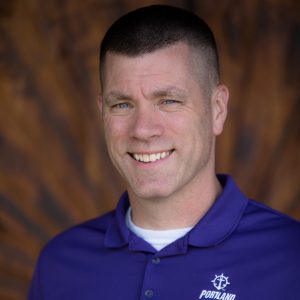 Craig Swinyard Ph.D. ’98 graduated from UP with a degree in mathematics. During his undergraduate days, Craig was actively involved as an RA in Villa Maria Hall during his junior and senior year. Craig returned to The Bluff in 2008 as a faculty member in the mathematics department and continues to teach in addition to his role as Director of Alumni & Parent Relations.
Craig Swinyard Ph.D. ’98 graduated from UP with a degree in mathematics. During his undergraduate days, Craig was actively involved as an RA in Villa Maria Hall during his junior and senior year. Craig returned to The Bluff in 2008 as a faculty member in the mathematics department and continues to teach in addition to his role as Director of Alumni & Parent Relations.
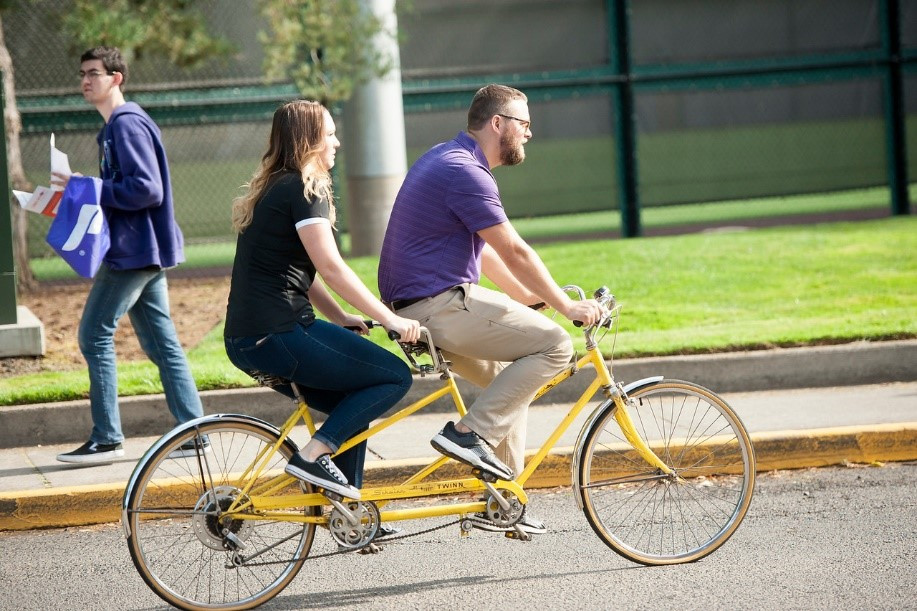
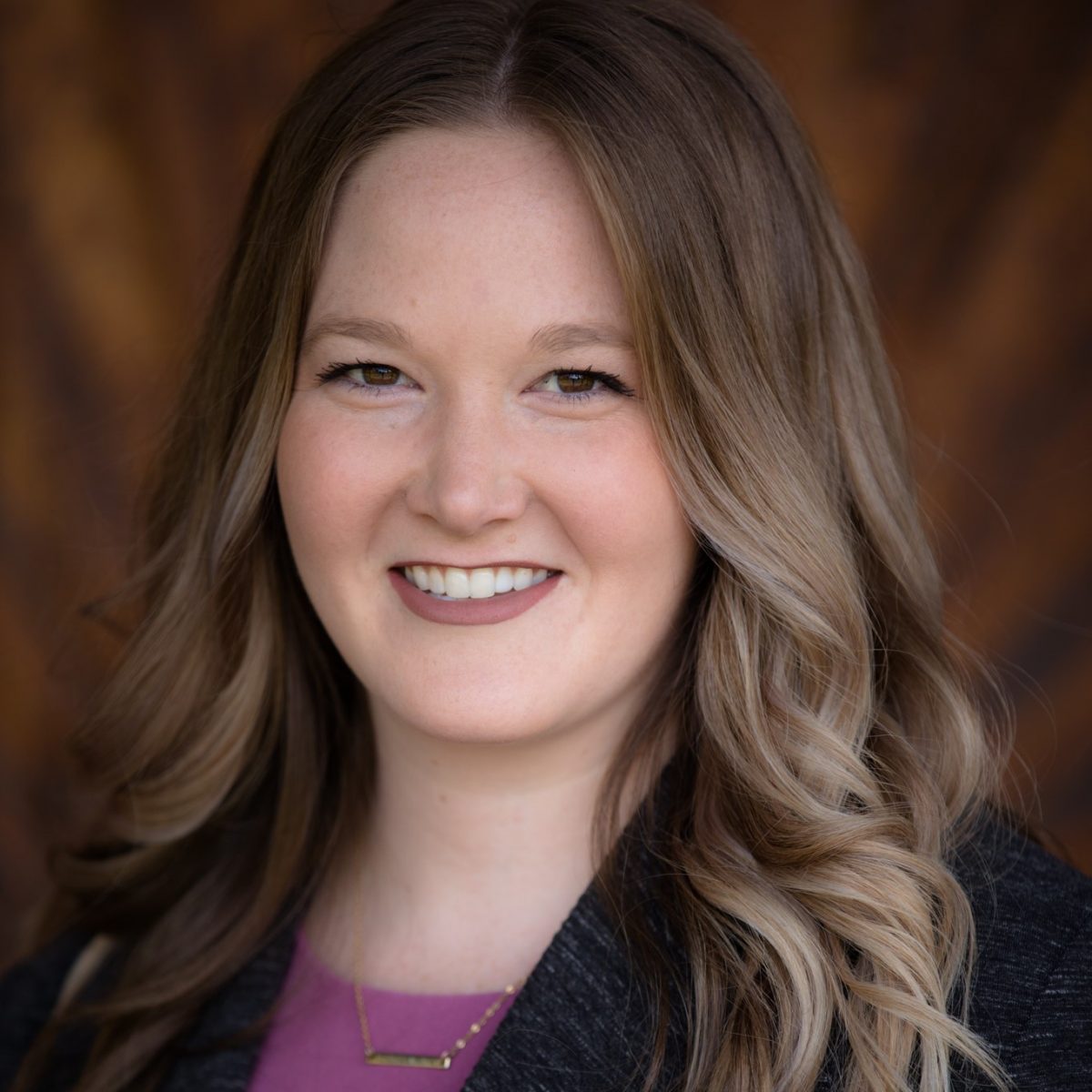



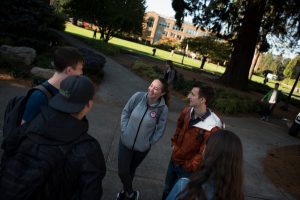
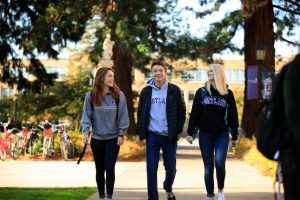
 Craig Swinyard Ph.D. ’98 graduated from UP with a degree in mathematics. During his undergraduate days, Craig was actively involved as an RA in Villa Maria Hall during his junior and senior year. Craig returned to The Bluff in 2008 as a faculty member in the mathematics department and continues to teach in addition to his role as Director of Alumni & Parent Relations.
Craig Swinyard Ph.D. ’98 graduated from UP with a degree in mathematics. During his undergraduate days, Craig was actively involved as an RA in Villa Maria Hall during his junior and senior year. Craig returned to The Bluff in 2008 as a faculty member in the mathematics department and continues to teach in addition to his role as Director of Alumni & Parent Relations.